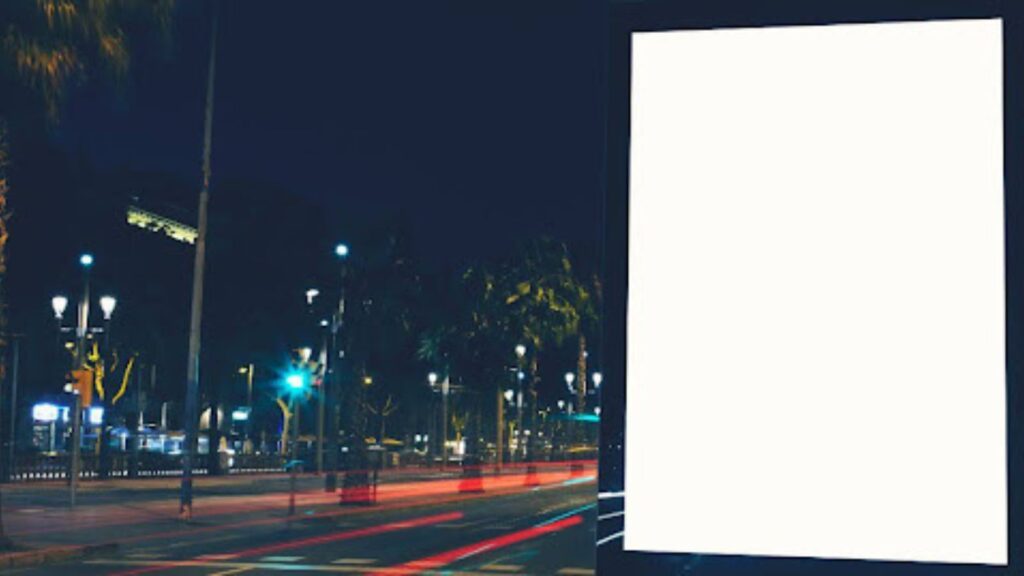Meta Description: If someone steals your work, you need to do something about it. Find out how to navigate this situation and file a cease and desist letter.
Navigating copyright law in a dispute can inspire many questions. For example, what is a cease and desist letter, and when should you use it? In this post, we’ll show you what to do when someone steals your copyright in six simple steps.
-
Verify the Infringement
Your first step should always be to make sure you have a case. In the context of graphic design, for example, there must be clear similarities between your work and theirs. Check if fair use can apply here. This means their content is legally sound if it balances four factors:
- Purpose: Non-profit use is more acceptable than commercial use.
- Nature: Copyright law is more protective of fiction and most forms of art.
- Amount: If someone uses your work, it must be the minimum amount necessary.
- Effect: The content cannot undermine your place in the market.
If the work doesn’t abide by these factors, consider legal action. However, you still have more steps to follow before this point.
-
Document the Violation
Collect screenshots and possibly screen recordings of the content. You must then compare and contrast it with your own work. For example, an overlap of two images if you suspect they traced your art.
Compile the evidence in a document and add your own written commentary. This helps you set out the copyright violation in full. Include the dates for your work; this will prove that you shared it first.
Context is also important. For example, did the person in question directly claim the work was their own? Even if they didn’t, the copyright violation could be obvious.

-
Reach Out Amicably
It’s entirely possible that the other side doesn’t know the severity of what they’re doing. Contact them and politely discuss the issue. They might not even know they’re breaking the law. Getting in touch might be all it takes for them to stop.
Admittedly, this may be because they fear a lawsuit. You could use this to your advantage. Give them a copy of the evidence you’ve collected. This will show that if you took them to court, you would almost certainly win.
You can ask them to delete the offending content. Alternatively, you might simply ask them to give proper credit. The approach you take will depend on how the copying affects you and your livelihood.
-
Escalate the Dispute
A cease and desist letter is a formal request for the offending party to stop. This explicitly states that you plan to take them to court if they keep using your content. But when should you resort to this? Here are a few signs that it’s worth escalating the problem:
- They don’t respond to (or comply with) your initial request.
- They are clearly doing this for their own gain.
- They keep copying your work or even that of other artists.
- They are harming your reputation or ability to make money.
In extreme cases, you may skip the C&D form and go directly to a lawsuit.However, the sterner nature of a cease and desist request might make it effective on its own. This proves that you’re serious about wanting restitution of some kind.
-
Complete a Cease and Desist Letter
If they don’t provide a satisfactory response after 1-2 weeks, send a cease and desist letter. You must make sure your document has all the basic requirements, such as:
- Details of both parties.
- The date.
- A description of the violation.
- A deadline for them to comply with your demands.
- A notice that a lawsuit will begin after this deadline.
Ultimately, the goal is to make it clear that you have a solid case. You want them to know they’re sure to lose in court. The implicit aim is to say that all is forgiven if they stop. Make sure you use a free online template. This ensures that the form carries every necessary field.

-
File a Copyright Infringement Lawsuit
A copyright lawsuit should be your last resort. However, it’s necessary if somebody copies your content and refuses to stop. This could end with you receiving damages and might even cover your attorney fees. However, your case has to be airtight.
You have to be able to prove that the other person copied from you. How they responded to the initial resolution attempts can be evidence in its own right. If they neglected to reply, this is sure to look suspicious.
Court cases of any kind can take between months and years to reach a final verdict. Even if you stay in small claims court, don’t expect an instant ruling in your favor.
Conclusion
If someone copies your content, it’s important you take action. You need to set a precedent that this isn’t okay. With the right cease and desist template, you might be able to sidestep a lawsuit entirely.


